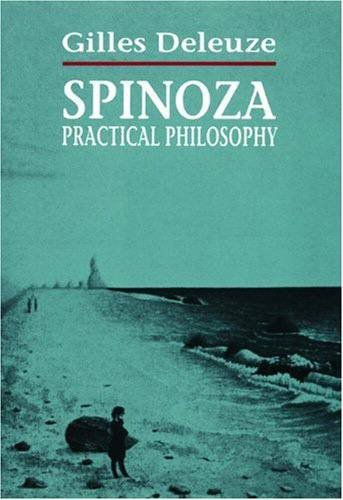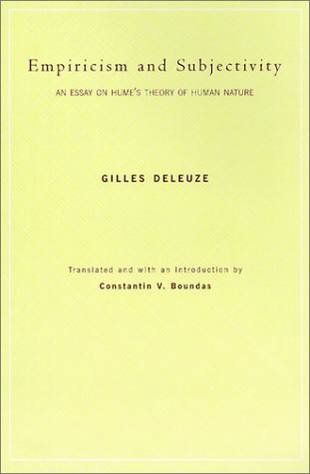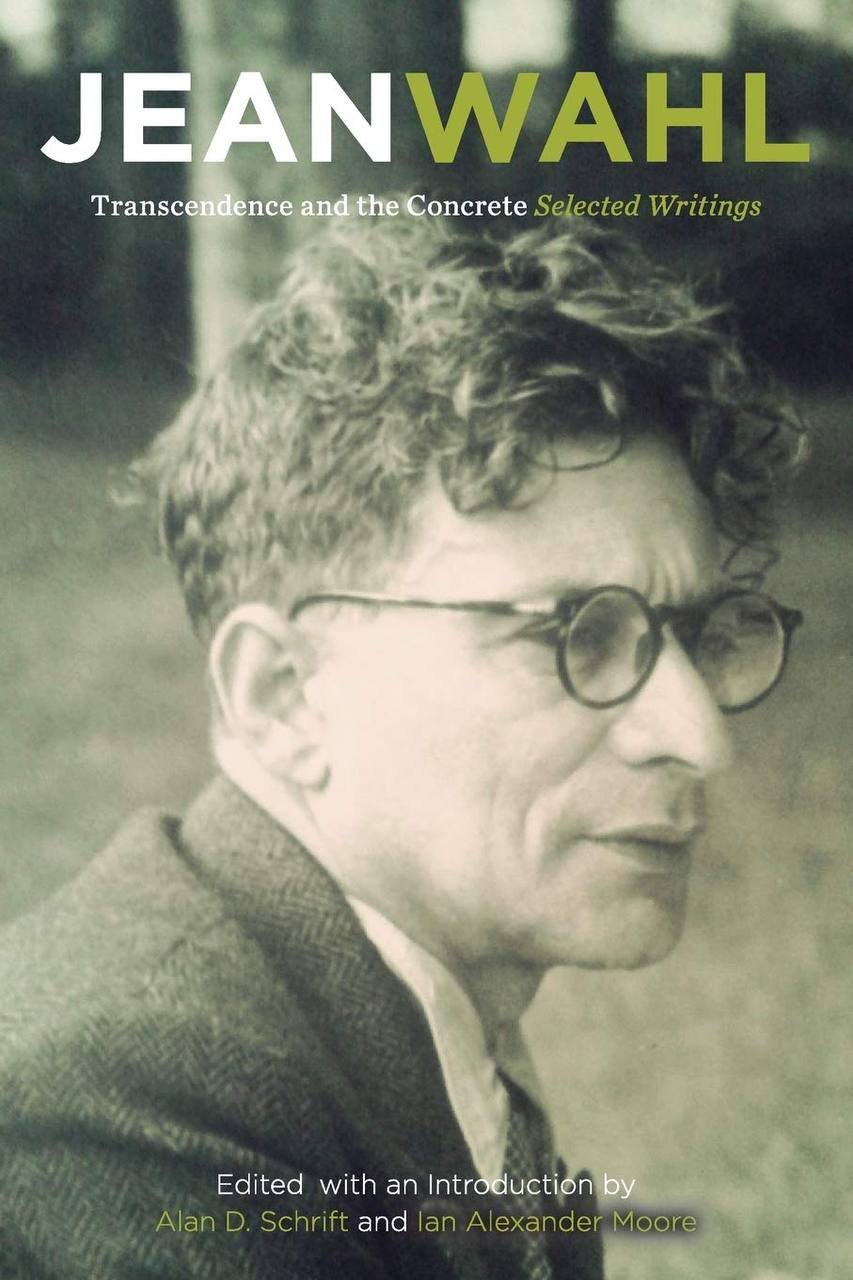
Insurgent, Poet, Mystic, Sectarian
Private Book Reader
Upload and read your personal PDF books in our secure reader
Read Your Private BookShort Audio Book Summary
Insurgent, Poet, Mystic, Sectarian Summary
0:00 / 0:00Reviews
No review yet. Be the first to review this book!
Description
"Insurgent, Poet, Mystic, Sectarian" is a book by Dr. Bruce Lawrence, a scholar of religion, particularly Islamic studies. Published in 2019, the book explores the life and legacy of the 14th-century Sufi mystic and poet, Jalal ad-Din Muhammad Rumi. Rumi, often referred to simply as "Rumi," was a Persian poet, theologian, and Sufi mystic who lived in the 13th century. He is best known for his collections of poetry, particularly the "Divan-e Shams-e Tabrizi" and the "Mathnawi," which explore themes of love, spirituality, and the search for divine truth. The title "Insurgent, Poet, Mystic, Sectarian" captures the multifaceted nature of Rumi's life and legacy: 1. Insurgent: Rumi's poetry can be seen as a form of spiritual insurgency, challenging conventional religious and social norms and inviting readers to question the status quo. His emphasis on love, tolerance, and unity stands in contrast to the sectarian divisions and conflicts of his time. 2. Poet: Rumi is renowned as one of the greatest poets in the Persian literary tradition. His poetry is celebrated for its beauty, depth, and universal appeal, transcending linguistic and cultural boundaries to inspire readers around the world. 3. Mystic: Rumi was deeply influenced by Sufism, a mystical branch of Islam that emphasizes the pursuit of inner spiritual knowledge and union with the divine. His poetry reflects his mystical experiences and his belief in the transformative power of love and devotion. 4. Sectarian: Despite his mystical inclinations, Rumi was also a product of his time and context, and his life was shaped by the sectarian tensions and conflicts of 13th-century Persia. His encounters with other religious and philosophical traditions, including Hinduism, Buddhism, and Christian mysticism, influenced his thought and poetry. In "Insurgent, Poet, Mystic, Sectarian," Lawrence provides a comprehensive overview of Rumi's life, work, and influence, situating him within the broader historical, cultural, and religious context of his time. The book offers readers a nuanced understanding of Rumi's complex legacy and the enduring relevance of his poetry in the modern world.
























.jpg)



.jpg)






.jpeg)


.jpg)


















.jpg)









.jpg)


.jpeg)




.jpeg)


.jpeg)

.jpeg)

.jpg)


.jpg)





.png)
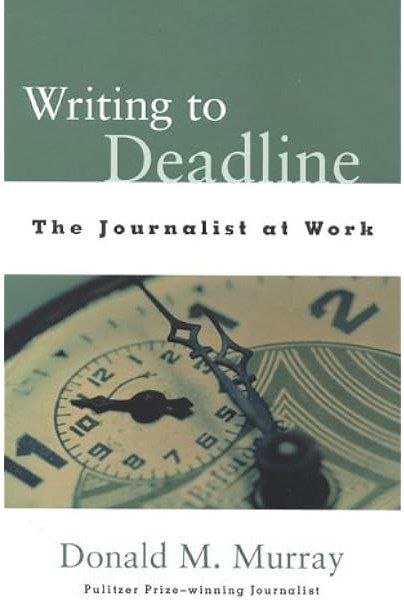








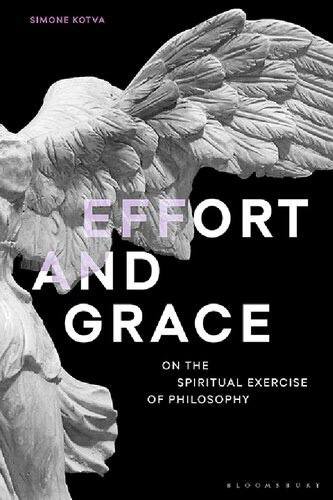






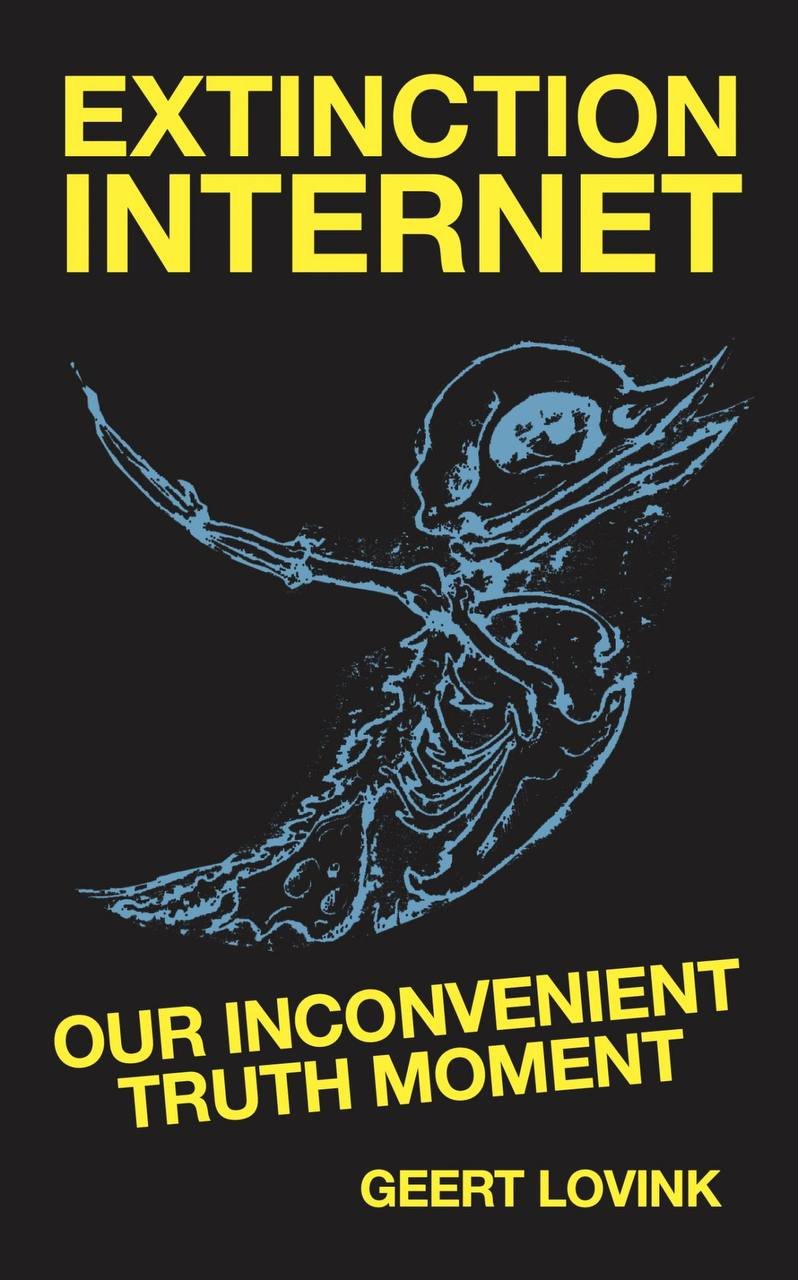

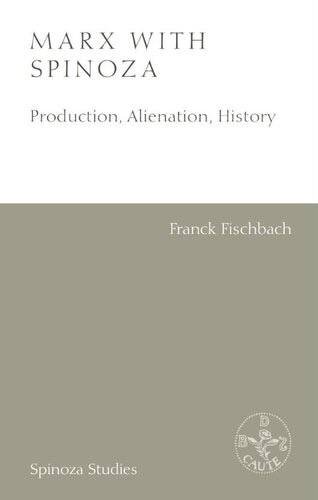
.png)



